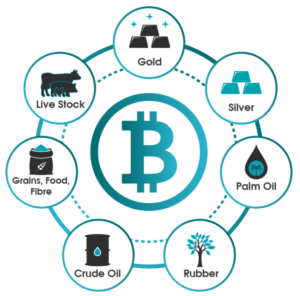Arbitrage

What is Arbitrage?
Wikipedia defines arbitrage as follows:
“Arbitrage is the practice of taking advantage of a price difference between two or more markets: striking a combination of matching deals that capitalize upon the imbalance, the profit being the difference between the market prices at which the unit is traded. When used by academics, an arbitrage is a transaction that involves no negative cash flow at any probabilistic or temporal state and a positive cash flow in at least one state; in simple terms, it is the possibility of a risk-free profit after transaction costs.”
Speculation vs. arbitrage
In the following table, the differences between arbitrage and speculation are shown concretely:
| Speculation | Arbitrage |
| High-risk form of investment | Low-risk form of investment |
| High profits are possible | Profit margin is rather low |
| Speculation on possible profits | Secure knowledge of profits through almost parallel buying and selling |
| Potential profit through share price increases | Exploitation of existing price, interest or market differences |
| Profit not always very predictable | Easy profit |
| High profits possible with small investments | High investments necessary for high profits |
Once again, arbitrage deals are NOT speculation, because the profit is already fixed when the deal is closed! OK. No huge profits, but rather smaller profits, but these again and again and again and again. A constantly bubbling source to say the least.
The software we work with – and which is also constantly being developed – searches hundreds, even thousands of different trading pairs every second to find arbitrage opportunities.
This may sound simple, but the prices of the currently over 5,000 different crypto-currencies and various commodities, such as crude oil, coffee, silver, gold, copper, beef, pork, milk, but also currencies often change several times per second. Thus also prices to other trade pairs change, but sometimes tiny price differences remain. And to find and use exactly these tiny price differences is the task of the software.
This may sound like bank robbery, but it is not. Because it is even important for the trading places that existing price differences are balanced as fast as possible.
It should be noted that no human being can perform hundreds or thousands of such arithmetic and comparison operations in a fraction of a second, which requires highly efficient computing technology and a great deal of know-how.

To show it once quite concretely. Suppose you have 0.01 Bitcoin, swap it to AE, AE to BNB and finally this BNB back to Bitcoin.
Your profit: 0.62%.
Now the order fees of the trading platforms have to be deducted, leaving a profit of 0.32%. Or in US dollars a profit of 0.30 US$.
Boring, isn’t it?
But now imagine, this happens several million times (YES. Several million times!) a day!
Are you sure you have understood this?
In very simplified terms, this means that profits are realized again and again – even if only tiny ones. And this with EVERY trade!
This is exactly the insane advantage of an arbitrage trade. No trade can end in the minus!